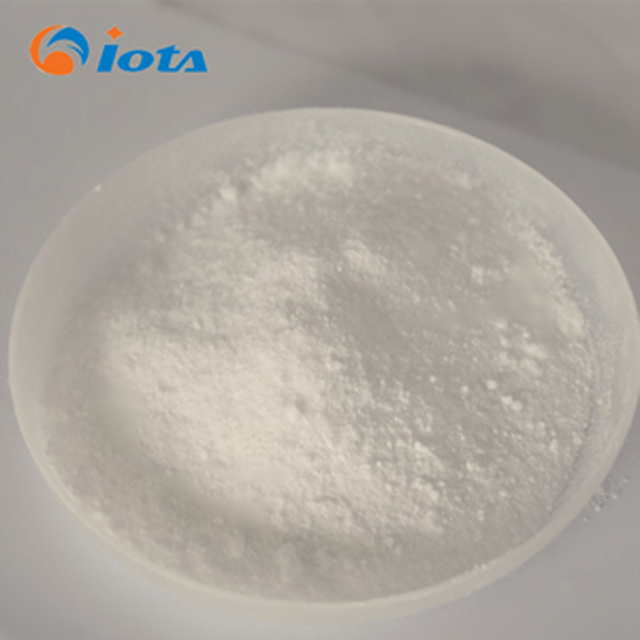In the field of medicine,
silica, as an important functional material, is increasingly widely used in pharmaceutical formulations, biomedical and diagnostic technologies. The high specific surface area, chemical stability, and biocompatibility of silica make it the preferred material for drug carriers, stabilizers, and diagnostic reagents.
In pharmaceutical formulations, silica is used as a carrier for drugs to enhance their solubility and bioavailability. Its porous structure can adsorb drug molecules, control the release rate of drugs, and thus improve the therapeutic effect. In addition, silica can also be used as a stabilizer for drugs to prevent degradation during storage and transportation.

In the biomedical field, silica is used to prepare biosensors and drug delivery systems. Its high specific surface area and surface activity enable silica to efficiently adsorb biomolecules for the detection and diagnosis of diseases. In addition, silica can also be surface modified to prepare targeted drug delivery systems, accurately delivering drugs to the lesion site and reducing side effects.
In diagnostic technology, silica is used as a fluorescent marker and imaging agent. Its excellent optical properties and chemical stability enable silica to be used for biological imaging and disease diagnosis. Especially in cancer diagnosis and treatment, the application of silica significantly improves the accuracy of diagnosis and the effectiveness of treatment.
With the continuous advancement of pharmaceutical technology, the application of
silica in the pharmaceutical field will become more widespread. Its excellent performance and versatility will continue to drive the development of pharmaceutical technology and make important contributions to human health.
